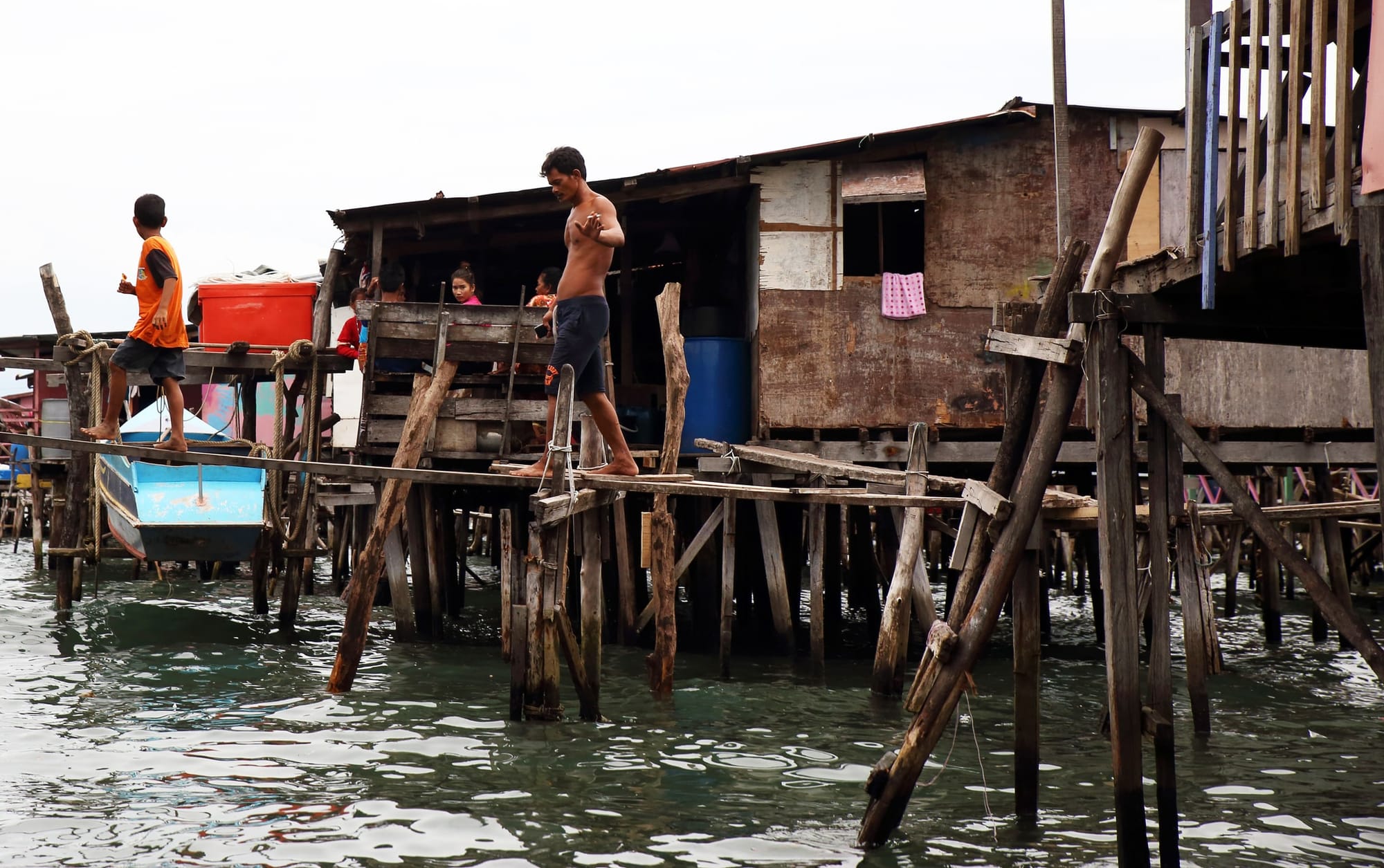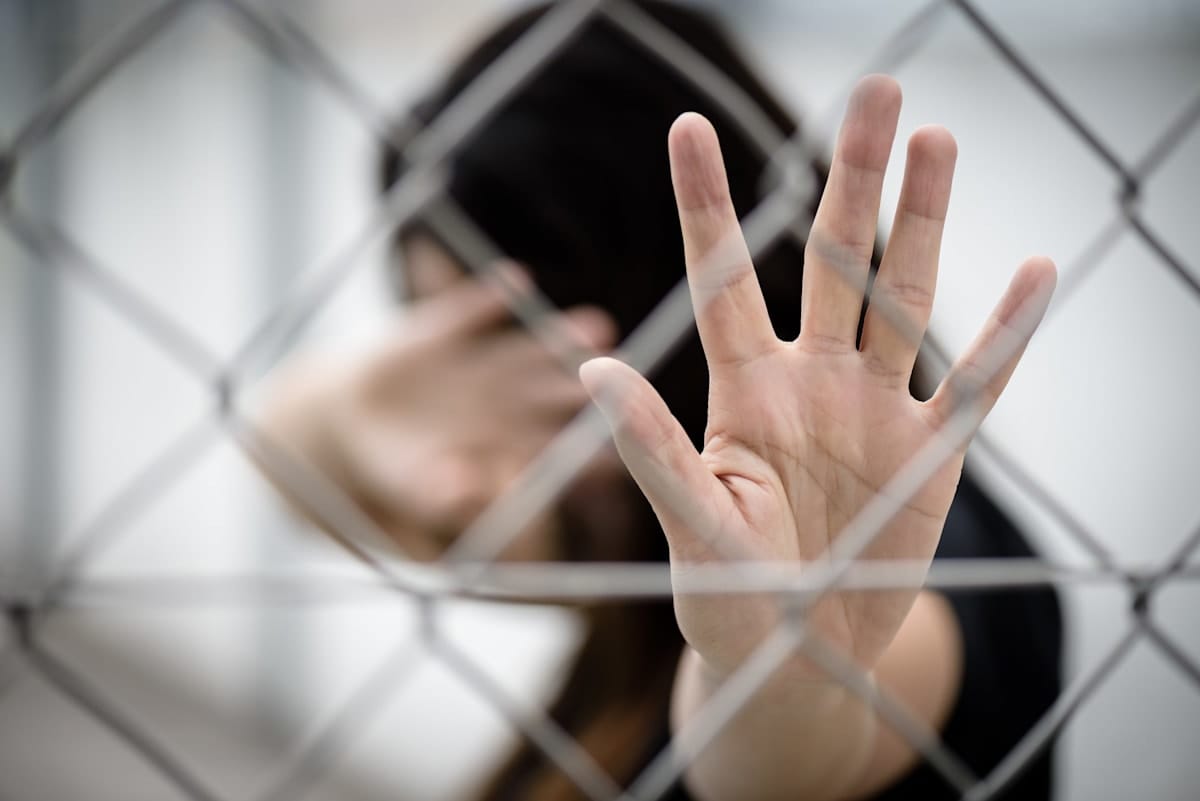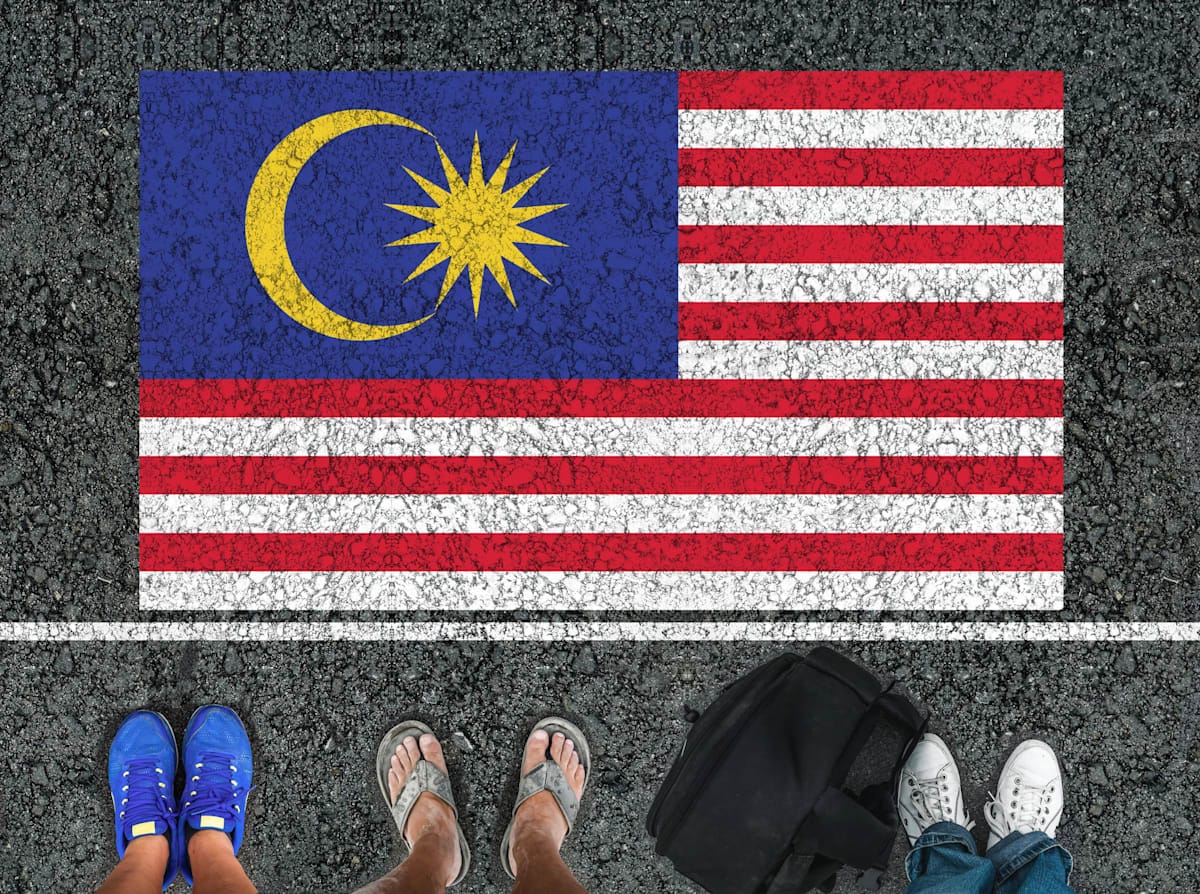
As of the end of January 2025, the refugee crisis in Malaysia has reached a critical point, with approximately 192,420 refugees and asylum seekers registered with the United Nations High Commissioner for Refugees (UNHCR). Approximately 65% are men, 35% are women, and roughly 54,340 children are under 18. These figures represent not just numbers, but lives caught in legal uncertainty and social marginalisation, demanding urgent attention and action.
Malaysia isn’t a signatory to the 1951 Refugee Convention or its 1967 Protocol. Nonetheless, it remains bound by the principle of non-refoulement under customary international law, which prohibits the return of individuals to countries where they may face persecution or a threat to their lives.
Further, Article 14 of the Universal Declaration of Human Rights guarantees the right to seek asylum.
However, without domestic legislation to implement these international principles, refugees in Malaysia lack any form of legal recognition or protection.
Here, we examine the legal status of refugees in Malaysia, their daily struggles, access to fundamental rights, and the crucial role of civil society in advocating for their rights and prospects for reform. It’s a testament to the power of collective action and the potential for change when communities come together for a common cause.
Legal status and policy framework
Malaysia’s legal system adheres to a dualist doctrine, meaning international treaties and conventions aren’t automatically enforceable domestically unless incorporated through national legislation. This principle, grounded in articles 74 and 76 of the federal constitution, has been upheld in landmark cases such as Bato Bagi & Ors v Kerajaan Negeri Sarawak & Another Appeal [2011] 6 MLJ 297, where the federal court emphasised the need for express legislative adoption of international treaties.
Similarly, in AirAsia Berhad v Rafizah Shima bt Mohd Aris & Anor [2014] 1 ILR 66, the court ruled that the Convention on the Elimination of All Forms of Discrimination Against Women (CEDAW) could not be directly enforced without being incorporated into domestic law.
Read more: The education challenges facing refugee youth in Malaysia
This strict dualism leads to legal ambiguity. For instance, in Subramaniyam Subakaran v Public Prosecutor [2018] MLJU 1801, the court acknowledged Malaysia’s non-ratification of the 1951 Refugee Convention. This acknowledgment was used to justify the application of domestic immigration laws, despite referencing the convention’s principles earlier. Such inconsistencies highlight the lack of a coherent approach to refugee rights.
Refugees are classified as illegal immigrants under the Immigration Act 1959/63, which subjects them to arrest, detention, and deportation. The Malaysian bar has repeatedly called for a refugee and asylum seeker act to ensure proper status determination procedures, protection from refoulement, and legal clarity. Without legislative action, refugees remain unprotected and vulnerable.

Living conditions and daily struggles
The absence of legal status translates into harsh everyday realities for refugees. Many live in overcrowded, poorly-maintained housing in urban slums or remote settlements. Without proper documentation, they’re subject to frequent raids by immigration authorities, and risk arrest and extortion.
Refugees aren’t allowed to work legally. Consequently, they take up informal jobs with little to no protection, leaving them vulnerable to exploitation, wage theft, and unsafe working environments.
Women and children face additional vulnerabilities, including gender-based violence and abuse.
Read more: World Refugee Day: Understanding the mental health challenges of refugees
Recent events underscore these risks. In January 2025, Malaysian authorities detained 196 Rohingya refugees and intercepted two boats carrying nearly 300 Myanmar nationals near Langkawi. Although the Malaysian Maritime Enforcement Agency provided food and water, such humanitarian gestures do not compensate for the systemic denial of rights that refugees in Malaysia face daily.
The constant threat of detention and deportation creates a climate of fear. Refugees avoid public spaces, are hesitant to report crimes, and often lack access to legal recourse. Their daily lives are defined by uncertainty, marginalisation, and a struggle for survival.
Access to work, education and healthcare
Refugees in Malaysia face significant barriers to essential services.
Work: As refugees are not granted the legal right to work, they often rely on informal employment, which frequently involves low-paying and hazardous jobs. This leaves them at the mercy of employers, without recourse to legal protection in cases of abuse or exploitation.
Education: Refugee children are excluded from the national school system. They rely on informal, community-based learning centres that struggle with limited resources, untrained teachers, and inadequate facilities. This lack of access perpetuates cycles of poverty and limits future opportunities for refugee youth.
Healthcare: Refugees are technically allowed to access public healthcare at foreigner rates, but the cost remains prohibitive. Many cannot afford treatment, and NGOs are often the only source of medical aid. Emergency care, maternal health services, and mental health support are notably lacking.
These limitations harm refugees and strain public health and education systems by creating parallel infrastructures. Granting fundamental rights to refugees would improve their wellbeing and contribute to the broader social good.
Voices from the ground
Refugees in Malaysia consistently describe their lives as marked by fear, uncertainty, and exclusion. At a UNHCR-hosted town hall in January 2025, attended by 119 refugee leaders from 67 community groups, participants voiced deep concerns about safety, lack of legal status, and daily hardships.
One Rohingya community leader stated:
“We live in constant fear of arrest. Even going to the market or sending our children to school can be dangerous. We have no protection and nowhere to turn if something happens to us.”
Another leader from the Chin community highlighted the precarious nature of informal work:
“We take any job we can find, but employers know we have no rights. They can refuse to pay us, threaten us, or call the authorities. We cannot complain because we are always afraid of being detained.”
A young refugee mother described the barriers to education for her children:
“My children want to learn, but they cannot go to Malaysian schools. The community centre is far, and sometimes we cannot afford the bus fare. I worry about their future every day.”
These voices echo the findings of Human Rights Watch, which documented the story of Laila, a Rohingya woman detained for more than two years after seeking asylum in Malaysia:
“After a gruelling three-week journey… Malaysian authorities raided the building, arresting her and eight other women. She was held for two weeks at the police station before being sent to an immigration detention centre. She remains detained today, more than two years since arriving in the country to seek asylum.”
These testimonies underscore the urgent need for legal protection, access to fundamental rights, and a pathway out of uncertainty for refugees in Malaysia.
Efforts by NGOs and civil society
In the absence of state-led protection, civil society organisations have stepped in. NGOs such as the Malaysian Social Research Institute (MSRI), Tenaganita, and the Humanitarian Aid Selangor Society (HASS) provide refugee communities with legal aid, education, healthcare, and emergency relief.
UNHCR collaborates with local groups to register and issue refugee cards, though these don’t provide legal protection under Malaysian law. Community-based schools and clinics offer essential services, although they often face chronic underfunding and limited access.
Despite resource constraints, these organisations have become lifelines for thousands of people. Their work mitigates immediate suffering, and advocates for systemic reform and public awareness. However, long-term solutions require government cooperation and policy change.

Looking forward: What needs to change?
Malaysia’s current approach to refugee management is unsustainable. Enacting a refugee and asylum seeker act would mark a crucial step toward recognising refugees as rights-holders rather than criminals. Such legislation should establish fair and transparent procedures for determining status, grant temporary work rights, and ensure access to healthcare and education.
Immigration laws should be revised to protect crime victims and witnesses from deportation, fostering greater cooperation between refugee communities and law enforcement. A centralised refugee agency, collaborating with UNHCR and NGOs, would enhance coordination and oversight.
Public awareness campaigns are also crucial in combating xenophobia and fostering empathy. Malaysia’s humanitarian commitments do not need to conflict with its national interests. Instead, a compassionate and rights-based approach can foster stability, promote public health, and enhance social cohesion.
Living in limbo
Refugees in Malaysia live in a legal and social limbo. Lacking formal recognition and protection, they endure insecurity, exploitation, and exclusion. While Malaysia is not a signatory to the 1951 Refugee Convention, it remains bound by international humanitarian principles and a moral duty to protect the vulnerable.
Civil society has made significant progress, but lasting change ultimately depends on political will. Enacting comprehensive refugee legislation would align Malaysia’s domestic laws with global norms and transform ad hoc compassion into durable protection.
Refugees are not merely a legal issue – they’re human beings deserving of dignity, safety, and hope.





